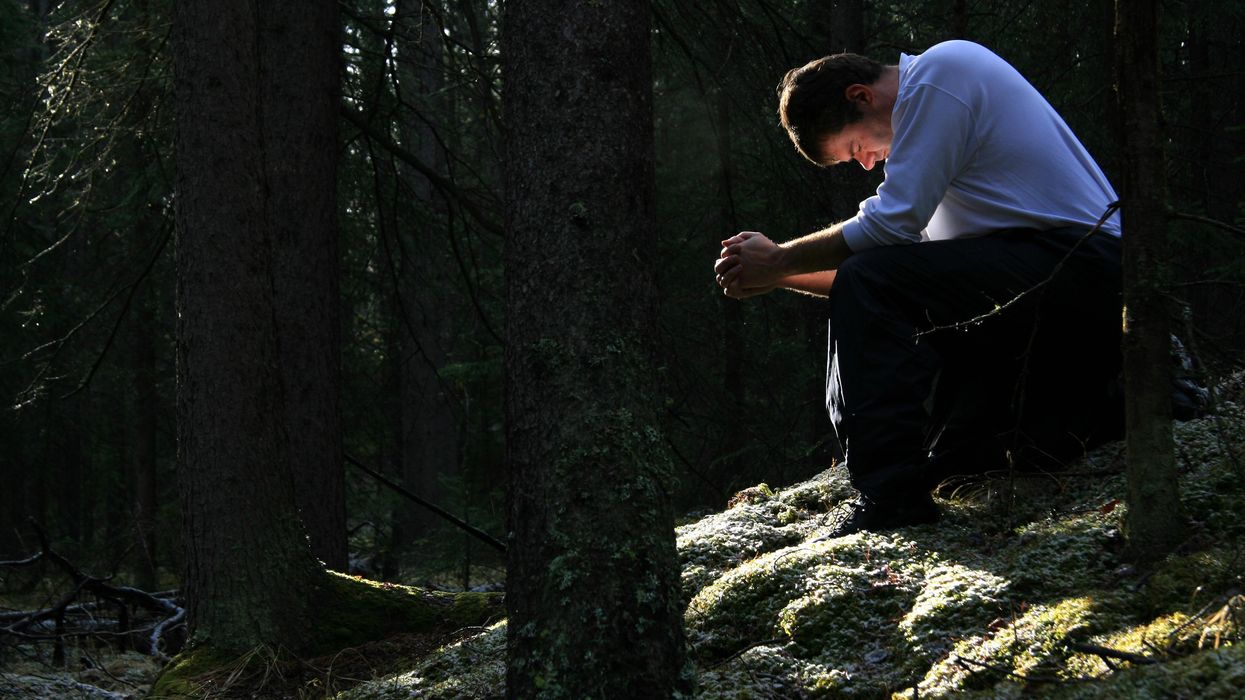The American experiment has been sustained not by flawless execution of its founding ideals but by the moral imagination of people who refused to surrender hope. From abolitionists to suffragists to the foot soldiers of the civil-rights movement, generations have insisted that the Republic live up to its creed. Yet today that hope feels imperiled. Coarsened public discourse, the normalization of cruelty in policy, and the corrosion of democratic trust signal more than political dysfunction—they expose a crisis of meaning.
Naming that crisis is not enough. What we need, I argue, is a recovered ethic of humaneness—a civic imagination rooted in empathy, dignity, and shared responsibility. Eric Liu, through Citizens University and his "Civic Saturday" fellows and gatherings, proposes that democracy requires a "civic religion," a shared set of stories and rituals that remind us who we are and what we owe one another. I find deep resonance between that vision and what I call humane theology. That is, a belief and moral framework that insists public life cannot flourish when empathy is starved.
Our national debates and divisions are often described as policy disputes, but the deeper wound is ontological. Contests over the very meaning of the human. We are witnessing the erosion of empathy itself, the corrosion of what makes politics possible. From algorithmic outrage to legislative indifference, the language of our everyday life has grown punitive and performative. Power has become spectacle.
Jim Wallis and others have long warned that when moral truth is privatized, public life devolves into tribal combat. Eddie Glaude Jr. names our current malaise "the value gap," the stubborn belief that some lives matter more than others. The late bell hooks, speaking of love as an ethic of freedom, reminds us that domination cannot produce community. Together they point toward a humanistic core that today’s politics has neglected—the conviction that civility is not etiquette but courage, the refusal to let contempt be our lingua franca.
Conversations with Liu have often centered on the practice of civic faith, focusing on a shared question: What rituals keep democracy alive? Civic Saturday's liturgies—songs, readings, moral reflection—translate faith's communal grammar into public form. Similarly, humane theology balances civic practice with spiritual depth without collapsing the two. It asks how empathy might become not sentiment but structure—how we design policies, schools, and neighborhoods that embody what Howard Thurman called "the growing edge" of human fellowship.
Constructive humane practice contends that sanity and civility are not niceties; they are democratic disciplines. Listening truly to those who differ is not appeasement; it is stewardship of the public square. Protest, likewise, is not disruption but prophetic maintenance, the labor of keeping moral imagination alive. To practice democracy is to practice empathy in motion. Interestingly, If empathy is scarce at home, it is nearly absent abroad. America's global posture has too often traded moral leadership for transactional might. A humane geopolitics would remember that security built on fear breeds neither peace nor respect. Reinhold Niebuhr cautioned that love must find form in justice; a humane theological and political construction extends that maxim to foreign and domestic policy alike, insisting that the sacred is never confined to one nation or creed.
I remain convinced that democracy's renewal will not come from pundits or platforms but from the daily disciplines of citizens, faithful and secular, who refuse despair. We rebuild civility through the mundane miracles of teaching, mentoring, organizing, and voting. We sustain sanity by choosing cooperation over contempt. And we recover humaneness when we risk our comfort for another's dignity.
Humaneness is less a doctrine than a disposition: a willingness to see every policy debate as a moral conversation about how we treat one another. It invites what Liu calls "the practice of powerful citizenship" and what I would name the practice of faithful humanity. Our challenge is not merely to save democracy but to deserve it. And that, finally, is a theological task.
Rev. Dr. F. Willis Johnson is a spiritual entrepreneur, author, scholar-practioner whose leadership and strategies around social and racial justice issues are nationally recognized and applied.




















Trump & Hegseth gave Mark Kelly a huge 2028 gift